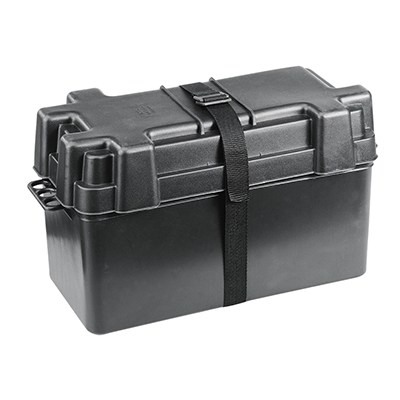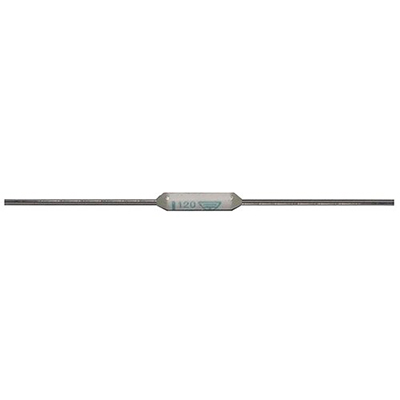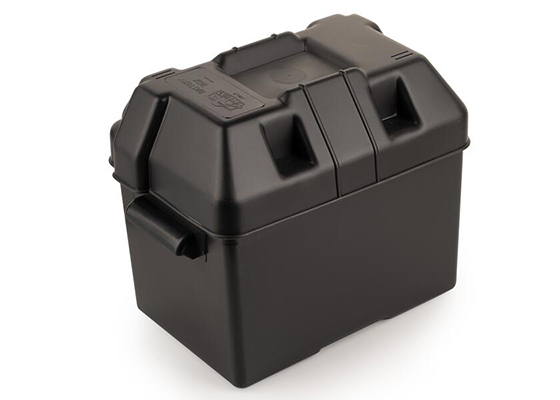How to Identify Common Symptoms of a Faulty Car Fuse Holder and Prevent Electrical Issues
News 2025-10-20
Car fuse holders are critical components in automotive electrical systems, designed to securely hold fuses that protect circuits from overloads and short circuits. A faulty fuse holder can lead to serious problems, such as intermittent electrical failures or even fires, making early identification essential for vehicle safety and reliability. Understanding the role of fuse holders helps in recognizing when they might be failing, ensuring that drivers can address issues promptly to maintain optimal performance in daily commutes and long trips.

Common Symptoms of Fuse Holder Failure
Fuse holder issues often manifest through specific signs that can be observed during vehicle operation. One key symptom is frequent fuse blowing, which may indicate poor contact or corrosion within the holder, disrupting the electrical flow. Another common indicator is overheating, where the holder or surrounding areas feel unusually warm, potentially caused by loose connections or material degradation. Additionally, drivers might notice flickering lights or inconsistent power to accessories, signaling that the fuse holder is not maintaining a stable connection. Recognizing these symptoms early can prevent more extensive damage to the vehicle’s wiring and components.
Diagnostic Techniques for Fuse Holders
To accurately diagnose a faulty fuse holder, begin with a visual inspection for signs of wear, such as rust, cracks, or burn marks on the holder itself. Using a multimeter, test for continuity and resistance to ensure the holder is conducting electricity properly without excessive resistance that could cause heat buildup. In some cases, gently wiggling the fuse while the system is powered can reveal intermittent faults if connections are loose. This hands-on approach, combined with understanding the fuse holder’s role in safeguarding against electrical surges, allows for targeted repairs that enhance the longevity and efficiency of the automotive electrical system.
Frequently Asked Questions
1. What causes a fuse holder to fail?
Common causes include exposure to moisture, vibration from road conditions, and age-related corrosion, which can compromise the holder’s integrity and lead to electrical issues.
2. How can a faulty fuse holder affect vehicle performance?
It can result in unreliable power delivery, causing components like lights or the radio to malfunction, and in severe cases, increase the risk of short circuits or fires.
3. When should a fuse holder be replaced?
Replacement is advisable if symptoms persist after cleaning or if visual damage is evident, typically during routine maintenance intervals to ensure ongoing safety and reliability.


